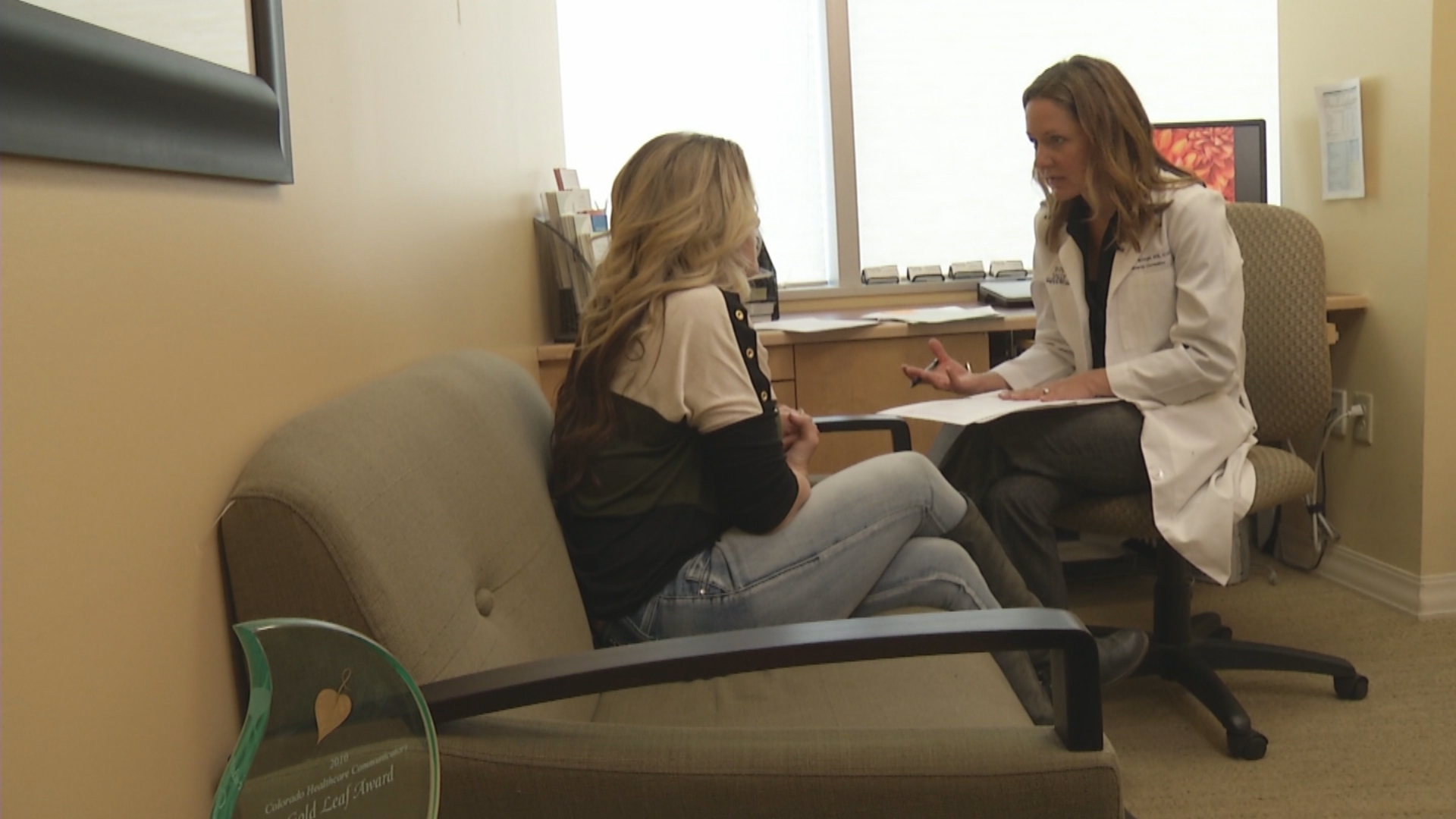Adolescent mental health shows signs of improvement but remains a crisis, CDC reports
(CNN) — During the Covid-19 pandemic, mental health-related visits to emergency departments rose sharply among children and adolescents. A new report published Thursday by the US Centers for Disease Control and Prevention shows signs of improvement, but poor mental health remains a “substantial public health problem,” especially among teen girls.
CDC researchers tracked average weekly emergency department visits among adolescents ages 12 to 17 for nine specific mental health conditions, suicide attempts, and other suicide-related behaviors and drug overdoses.
By the fall of 2022, emergency department visits for mental health conditions overall, suicide-related behaviors, and drug overdoses were each at least 10% lower than they were in the fall of 2021, on average.
Despite the decline, however, emergency department visits for mental and behavioral health remained at or higher than pre-pandemic baseline levels for teen girls.
And rates remained significantly higher among adolescent girls compared with adolescent boys. In the fall of 2022, there were more than 4,000 visits for mental health conditions among teen girls, compared with about 2,400 among teen boys. Suspected suicide attempts were nearly four times higher among teen girls than teen boys.
Emergency department visits for drug overdoses were also higher than baseline levels from 2019. Overdoses involving opioids in particular increased by 27% between fall of 2021 and fall of 2022, with greater increases among teen boys, according to the CDC report.
Health experts have been sounding the alarm about youth mental health for years. The CDC released a survey in February that showed teen girls were experiencing record-high levels of violence, sadness and suicide risk in recent years.
“America’s teen girls are engulfed in a growing wave of sadness, violence, and trauma,” Dr. Debra Houry, CDC’s chief medical officer and deputy director for program and science, said at the time. However, she said, many mental health challenges are preventable.
A return to school and other community settings that were more similar to pre-pandemic environments may have helped adolescents feel less isolated and more engaged, CDC researchers said in the new report.
But ongoing efforts to support the mental health of adolescents are necessary, including “evidence-based, comprehensive prevention efforts” such as the 988 suicide crisis line and access to telehealth options, as well as “early condition identification and trauma-informed interventions.”
